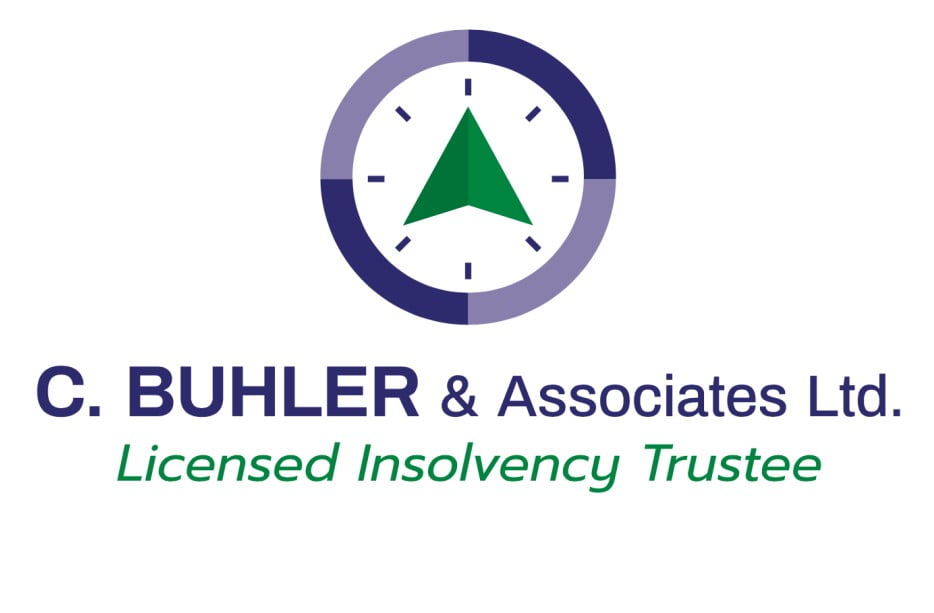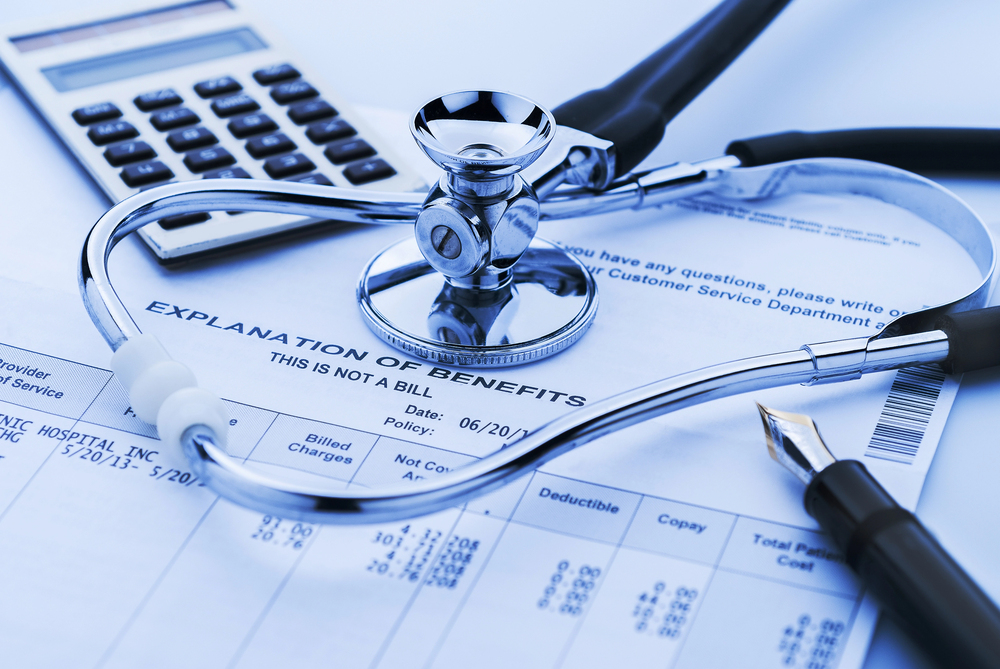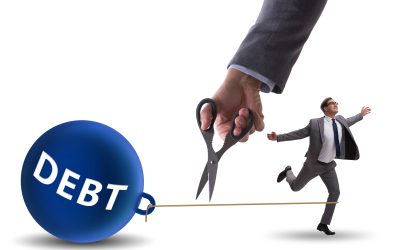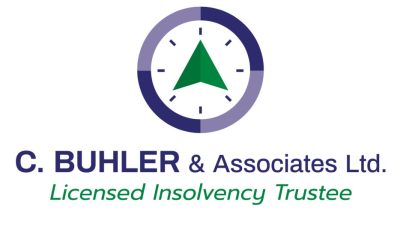As Canadians, our healthcare is mostly covered by Provincial programs or, in certain cases, federal benefits such as the Canadian Dental Care Plan (CDCP) . However, not all medical procedures are covered services, resulting in certain medical bills that must be covered by individuals. Such costs may include uninsured dental procedures, certain prescription drugs, and therapeutic or rehabilitative services. The cost of these medical bills that are not covered by plans or programs can cause serious financial pressure and increase ones’ debt load.
If you’re in this position, you may be wondering how to pay off your uninsured medical or dental bills. There are a few strategies you can use to reduce debt related to medical expenses:
Understanding Medical Debt & How It Can Affect Your Life
Health issues can be an immensely stressful thing to deal with. Having debt, no matter the reason, can largely influence many aspects of your life. For example, if you’re injured or ill, chances are that you’ll need time off work. In certain cases, if you need a lengthened period off work, you may need to apply for income replacement benefits, accept a reduced salary, or take unpaid time off work. This can cause issues in your household’s monthly income, and cause you to have difficulty paying medical bills and household expenses. In this situation, your savings may become depleted, and you may no longer be able to invest financially in your recovery, due to the cost of rehabilitative services such as physiotherapy or prescriptions. In some cases, people use credit cards or lines of credit to fund these costs, and this can quickly spiral into overwhelming medical debt that affects your personal life, family, and finances.
Dealing with overwhelming debt can also lead to mental health issues such as depression, anxiety, and stress. This can make conditions worse and impact the daily lives of self and loved ones.
Looking Out For Medical Debt Warning Signs
If you are ill or injured and have bills piling up, look for the following warning signs of financial difficulty, due to medical costs:
- You’re currently paying medical bills/dental bills or unanticipated medical bills using debt such as a credit card or a personal loan.
- You feel anxious when talking to medical providers or considering your medical debt payment plan.
- You are missing minimum monthly payments as you prioritize other living expenses over them.
If you are experiencing these issues, or know someone who is, it may be a good idea to reach out to a professional for medical debt consolidation advice.
Getting Covered: Applying For Provincial or Territorial Insurance
Canada offers government health coverage, but depending on your province, it may take a few months to register for it. You can find wait times from the Ministry of Health in your province or territory. Once you qualify for provincial or territorial health insurance, you will receive a health card to be presented when accessing medical services. Remember that this insurance won’t cover every medical expense, so getting insurance from a private provider, such as Blue Cross, can be a good idea.
Coping With Your Medical Bills
If you have unpaid medical debt, contact C. Buhler & Associates Ltd. for help before it begins to impact other areas of your life.
Medical Bill: Final Considerations
Getting financial assistance and taking a proactive approach to paying off your medical debt can put you in better health, even if you are still experiencing reduced work and pay.
If you feel you can’t afford to pay your medical bills and cannot easily prioritize your debts, consider seeking financial assistance with debt consolidation. This can give you peace of mind and a clear plan for sensibly managing medical debt.





